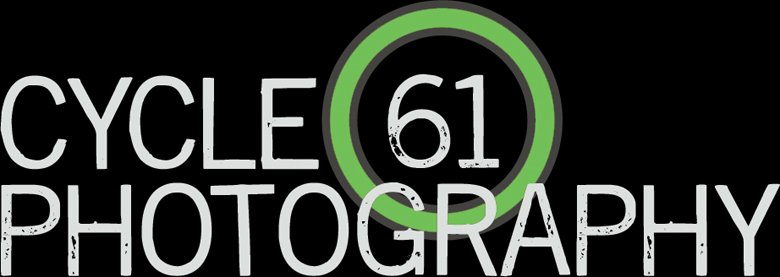Although I would like to progress to where I'm less focused on the equipment part of photography, and more on the art, there are some basics that cannot be ignored. Good equipment is not critical to good photography, nor is any particular technique, or style, or workflow. However, without an understanding of some of the fundamentals of digital imaging, trying to create good photos is like trying to take a bicycle tour of Paris without knowing that your tires are supposed to have air in them. It can be done, and in some ways the slow pace and greater effort may be enjoyable, but you should know what you're doing and why.
I shoot with a semi-professional camera body, a Nikon D200. This is a fantastic machine, no longer the best in it's class, but it still will give years of good service. I chose it because at the time, it represented the best balance of performance vs. cost for my budget and needs. Yours may vary. I also shoot primarily with an 18-135mm plastic mounted zoom lens. This lens costs less than $300 new, has serious distortions at the wide end, some vignetting at the telephoto end, and is generally considered unacceptable by "serious" pros. It would get me laughed off the sidelines of any sporting event, and is not much good in the dark due to a slow maximum aperture of 3.5-5.6.
So why do I use it? Because it produces very sharp, clean images when used within it's limitations. And because it's far and away the most versatile lens I own. And because if somebody loves an image, they never ask "what lens did you shoot that with?" (and if they do, I really enjoy the looks on their faces when I tell them what it is)
So the gear doesn't matter. Not really. There are incredible photos shot with garbage cameras, and there are countless pictures taken with top of the line pro gear that I would be embarrassed to have taken.
(Watch this, I'm coming back around to the Title)
How you use the gear, on the other hand, DOES matter quite a bit. This still doesn't mean there's a right or wrong way, but there are some things I do to improve my odds.
One of the most important of those is shooting in RAW. Always. Every time. If you shoot in jpeg mode, you had better be good, very good. Because your camera takes all the data you just painstakingly dropped onto the sensor in the form of photons, processes it according to a dozen or so choices you made in the menus of your camera, compresses it as it sees fit, and throws away the 75% to 90% or so that it didn't need to create that interpretation of your picture.
If you got EVERYTHING right the first time, congratulations. If not, your options are now very limited. Your image exists in 8-bit form, only 256 levels to work with, so any adjustments to exposure, color balance, anything, will have to be done very, very delicately. 
I took this picture of my daughter the other morning, trying to extract a stowaway from the hood of her coat. It's bad. The camera lens is fogged up from just coming inside from the cold, the color balance is way off (using bounced off-camera flash in a room with green walls) and the exposure overall could be better.
Had this been shot in jpeg, I doubt I would have tried anything except the delete button.
But I opened it in Photoshop, and with a few clicks of the settings on the raw converter, a significant crop, and a bit of sharpening, came up with this:
Click to see larger 800 pix version
Please note, I am NOT advocating shooting carelessly and planning to correct things in photoshop afterwards. I would be much more proud of this shot if I had framed it better to begin with, and gotten my colors right, etc.
Landscape photographers need raw to extract every last bit of subtle detail from their mountain slopes and forests, fashion and advertising shooters need it to precisely match their colors and lighting, wedding photogs need it to keep the intricate patterns in a bride's white dress as well as a black tux that's 5, 6, 8 stops darker.
I need raw because I make mistakes. I acknowledge my own fallibility, and I want to create the very best images I can. If one day I wake up and decide I'm perfect, I'll set the dial to jpeg, but until then, I'm not taking any chances.
Wednesday, January 16, 2008
Reasons to shoot in RAW
Posted by
Nick Davis
at
10:56 PM
![]()
![]()


No comments:
Post a Comment